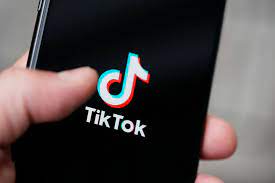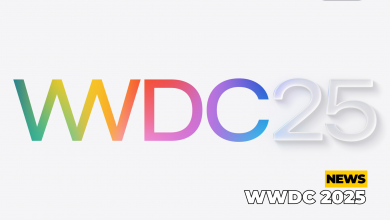
Seattle Public Schools has announced a lawsuit against several social media giants, including YouTube, Facebook, TikTok, Instagram, and Snapchat, claiming that the addictive nature of these platforms has caused financial and operational harm to the district. The district argues that social media addiction has contributed to a mental health crisis among children, and that the school district has had to provide additional resources, such as counseling and mental health services, as a result.
The lawsuit comes after the 2021 congressional testimony of Facebook whistleblower Frances Haugen, who revealed that social media companies intentionally skewed content to keep children and teens engaged for longer. The school district argues that these sites are breaking public nuisance laws in Washington state and is seeking compensation to fund a long-term plan to reduce rates of anxiety, depression, suicidal ideation, and other signs of a youth mental health crisis. A key issue in the case is Section 230 of the Communications Decency Act, which treats social media companies as platforms and not publishers, absolving them of responsibility for content that people post on their sites.
Recent actions taken by government agencies and lawmakers to ban TikTok on government devices. The potential for a nationwide ban, stem primarily from security concerns related to the app’s Chinese ownership. ByteDance, the company that owns TikTok, is based in Beijing. U.S. officials are concerned that the user data it collects could be misused by the Chinese government. At least 19 states have banned the use of TikTok on government devices, and President Joe Biden recently approved a ban of the app on the majority of federal government devices. Some lawmakers are pushing for a nationwide ban, but it is unclear if this will ultimately happen.
The Biden administration is also searching for workarounds such as housing U.S. user data on local cloud servers. According to Ryan Calo, Professor of Law at the University of Washington, these actions are not just political theatre, but rather a reflection of real concerns about the potential for misuse of user data by the Chinese government.
As much fun as TikTok is with the catchy music and fun trends, security issues are a lot more concerning. Unless they’re changing their policy it might be time to get back to good ol’ Instagram.






